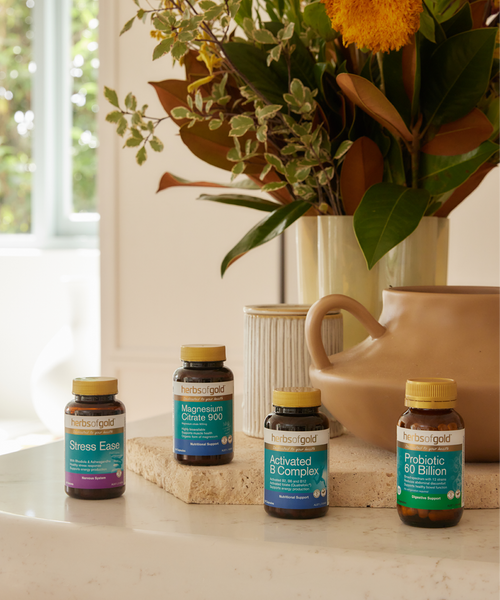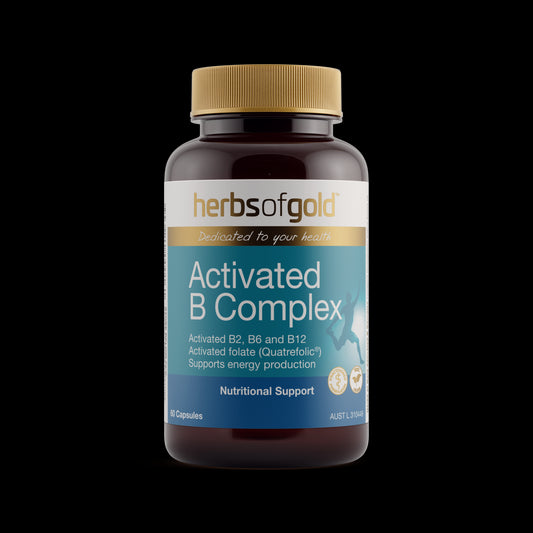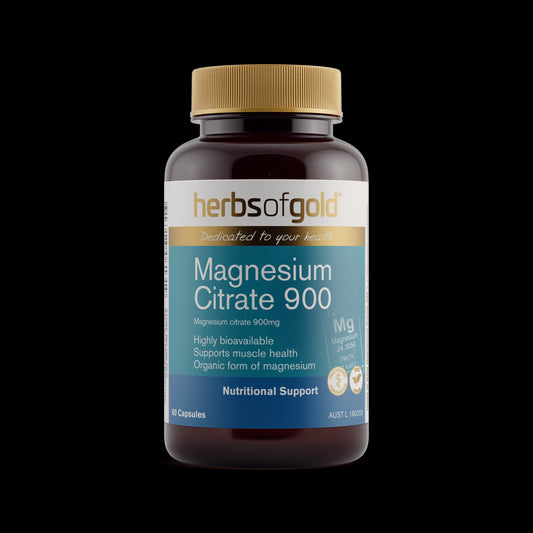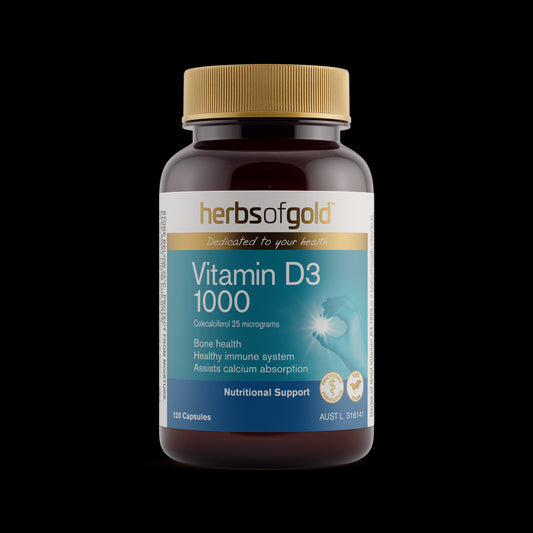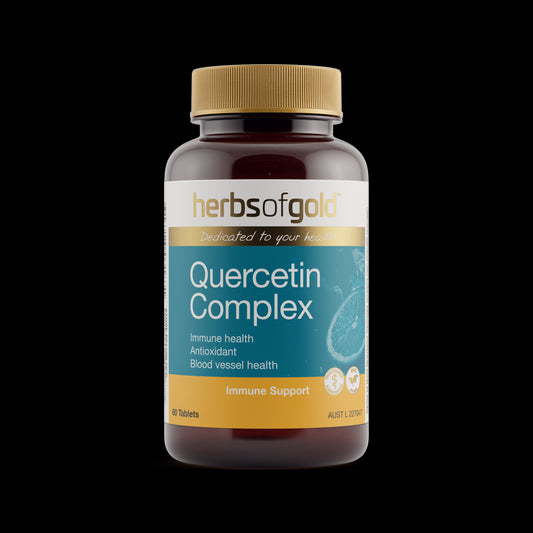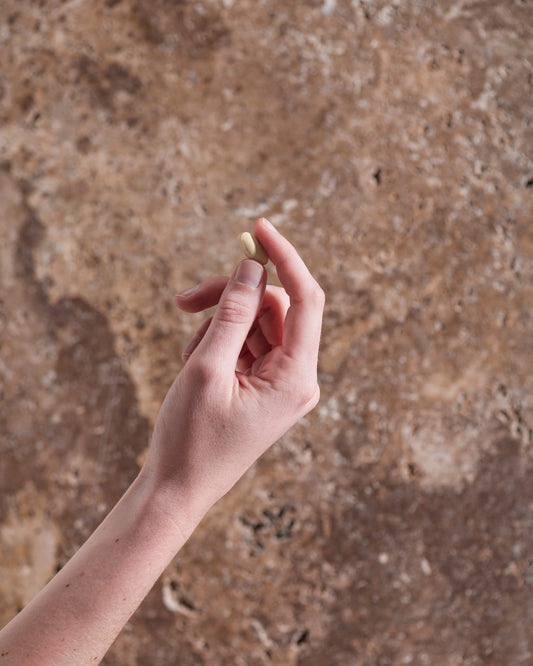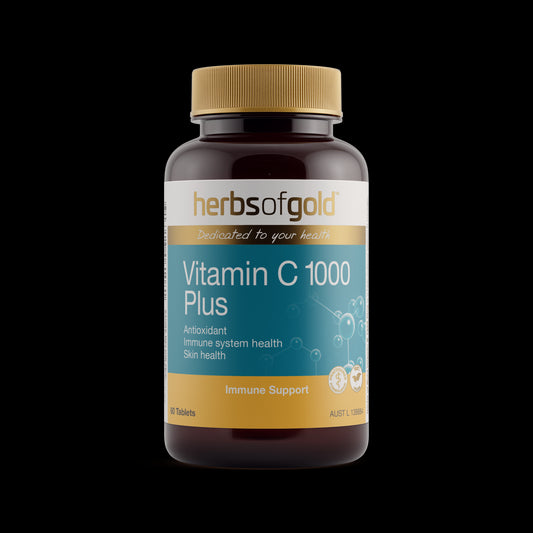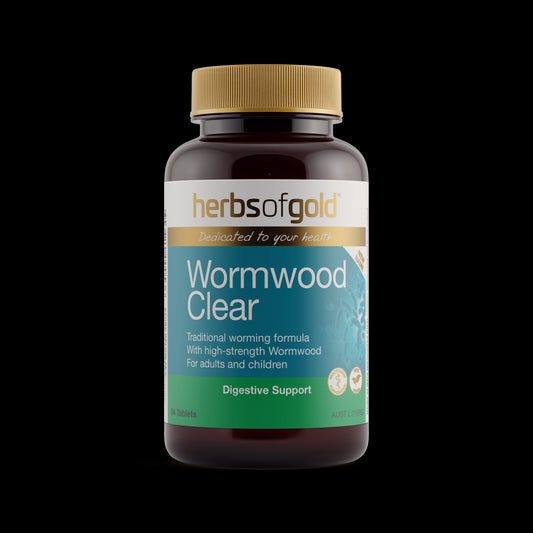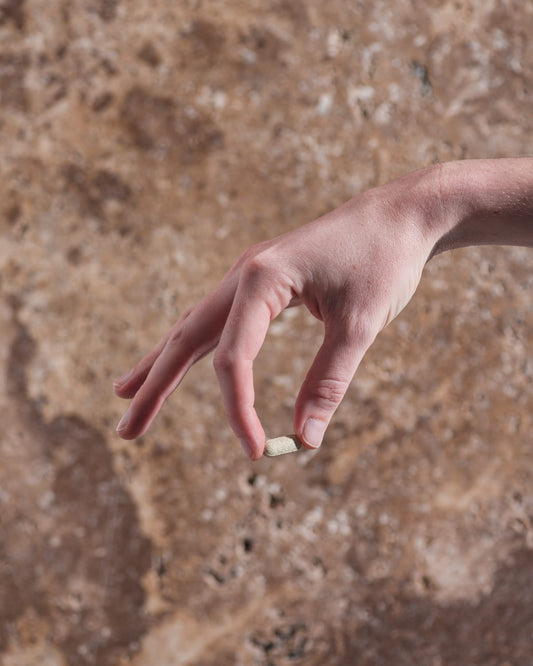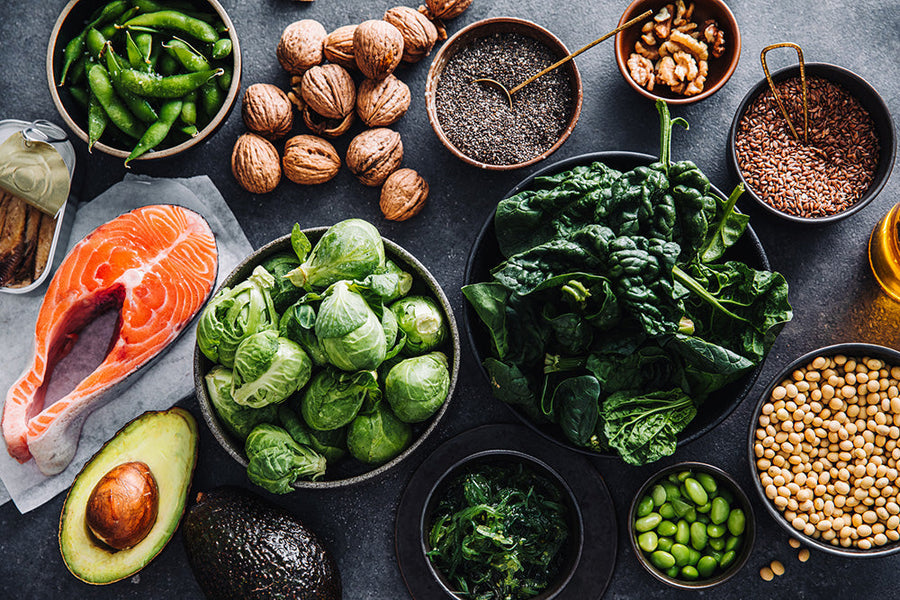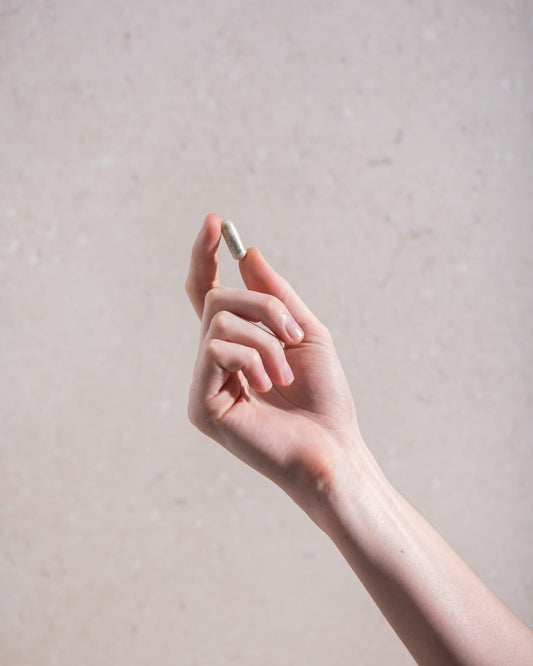Never have practitioners been confronted with as many gut complaints as today. Alarmingly, more than 50% of Australian adults experience unpleasant gut symptoms such as bloating, gas and constipation[1].
The unhappy gut
Gut disturbances can result from a range of factors such as stress, inadequate sleep, poor diet, medication use and hormonal changes. An unhappy gut can manifest physically as abdominal pain, flatulence, constipation and indigestion.
But what’s going on internally? Holding a magnifying glass over the inside of the gastrointestinal tract you would identify a major feature - the gut wall. The gut wall is made up of specialised intestinal cells and a mucous lining. Together they form a functional semi-permeable barrier that enables the digestion and assimilation of nutrients, blocks the entrance of foreign substances and provides a nutritive breeding ground for friendly microflora that offer multiple health benefits.
When the gut wall is compromised, it can become inflamed, weak and porous, causing digestive problems to arise.
What and how can herbs support the gut?
Aloe vera
If you have ever been on a coastal walk, you’ve probably spotted Aloe vera. With its long, prickly twisted leaves it’s not hard to miss! Beneath its green exterior sits a cool gel-like flesh made up by almost 99% water and other nutritive substances. How can this benefit the gut? As naturopaths like to describe it, Aloe vera is a demulcent herb, containing a rich amount of mucilage that soothes gastrointestinal tract mucous membranes.
Licorice
Renowned for its distinctive aniseed-like flavour, Licorice, is also classified as a demulcent herb with the ability to soothe irritated tissues and support healthy mucous linings of the digestive system. If you intend to integrate this herb into your gut care routine, it’s best to look out for deglycyrrhizinated Licorice (DGL), as it has been processed to remove glycyrrhizin to make it suitable for long-term use.
Calendula
Also known as Marigold, Calendula was originally referred to as “poor man’s saffron” as it was historically used to colour and flavour foods such as butter, cheese and soups. Alongside its culinary value, Calendula has a long history of use as an anti-inflammatory herb in Europe and is traditionally used in Western herbal medicine to help relieve mild gastrointestinal tract inflammation.
Revive your medicinal toolkit by considering Herbs of Gold Gut Care, a delicious vanilla-flavoured powder offering a unique blend of Aloe vera, DGL and Calendula, with gut-supportive nutrients such as L-glutamine, quercetin and zinc.
[1] CSIRO. (2018). Gut health and […]: An overview of the scientific evidence of the benefits of dietary fibre […]. file:///C:/Users/BiancaVentimiglia/Downloads/1800623%20Gut%20health%20and%20Weight%20loss%20Report%20%20Jan%202019FINALlrsinglepag%20(4).pdf
